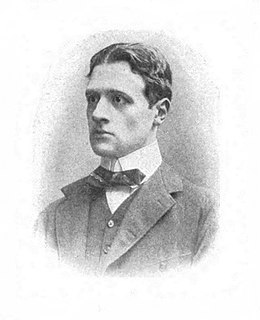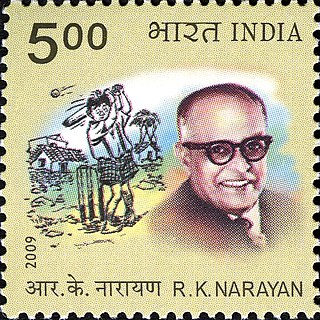A Quote by Jurgen Moltmann
A change in external circumstances without inner renewal is a materialist's illusion, as though man were only a product of his social circumstance and nothing else.
Related Quotes
There are two principles inherent in the very nature of things, recurring in some particular embodiments whatever field we explore - the spirit of change, and the spirit of conservation. There can be nothing real without both. Mere change without conservation is a passage from nothing to nothing. . . . Mere conservation without change cannot conserve. For after all, there is a flux of circumstance, and the freshness of being evaporates under mere repetition.
In endeavor itself there is a certain dynamic entertainment, affording an illusion of useful purpose. With achievement the illusion is dispelled. Man's greatest accomplishment is to produce change. The only good in life is study, because study is an endeavor that never reaches fulfillment. It busies a man to the end of his days, and it aims at the only true reality in all this world of shams and deceits.
The basic idea of Zen is to come in touch with the inner workings of our being, and to do this in the most direct way possible, without resorting to anything external or superadded. Therefore, anything that has the semblance of an external authority is rejected by Zen. Absolute faith is placed in a man's own inner being. For whatever authority there is in Zen, all comes from within.
For the only way one can speak of nothing is to speak of it as though it were something, just as the only way one can speak of God is to speak of him as though he were a man, which to be sure he was, in a sense, for a time, and as the only way one can speak of man, even our anthropologists have realized that, is to speak of him as though he were a termite.
Ideas are powerful things, requiring not a studious contemplation but an action, even if it is only an inner action. Their acquisition obligates each man in some way to change his life, even if it is only his inner life. They demand to be stood for. They dictate where a man must concentrate his vision. They determine his moral and intellectual priorities. They provide him with allies and make him enemies. In short, ideas impose an interest in their ultimate fate which goes far beyond the realm of the merely reasonable.
The right to life is the source of all rights -- and the right to property is their only implementation. Without property rights, no other rights are possible. Since man has to sustain his life by his own effort, the man who has no right to the product of his effort has no means to sustain his life. The man who produces while others dispose of his product, is a slave.
From what has been said we can clearly understand the nature of Love and Hate. Love is nothing else but pleasure accompanied by the idea of an external cause: Hate is nothing else but pain accompanied by the idea of an external cause. We further see, that he who loves necessarily endeavors to have, and to keep present to him, the object of his love; while he who hates endeavors to remove and destroy the object of his hatred.




































